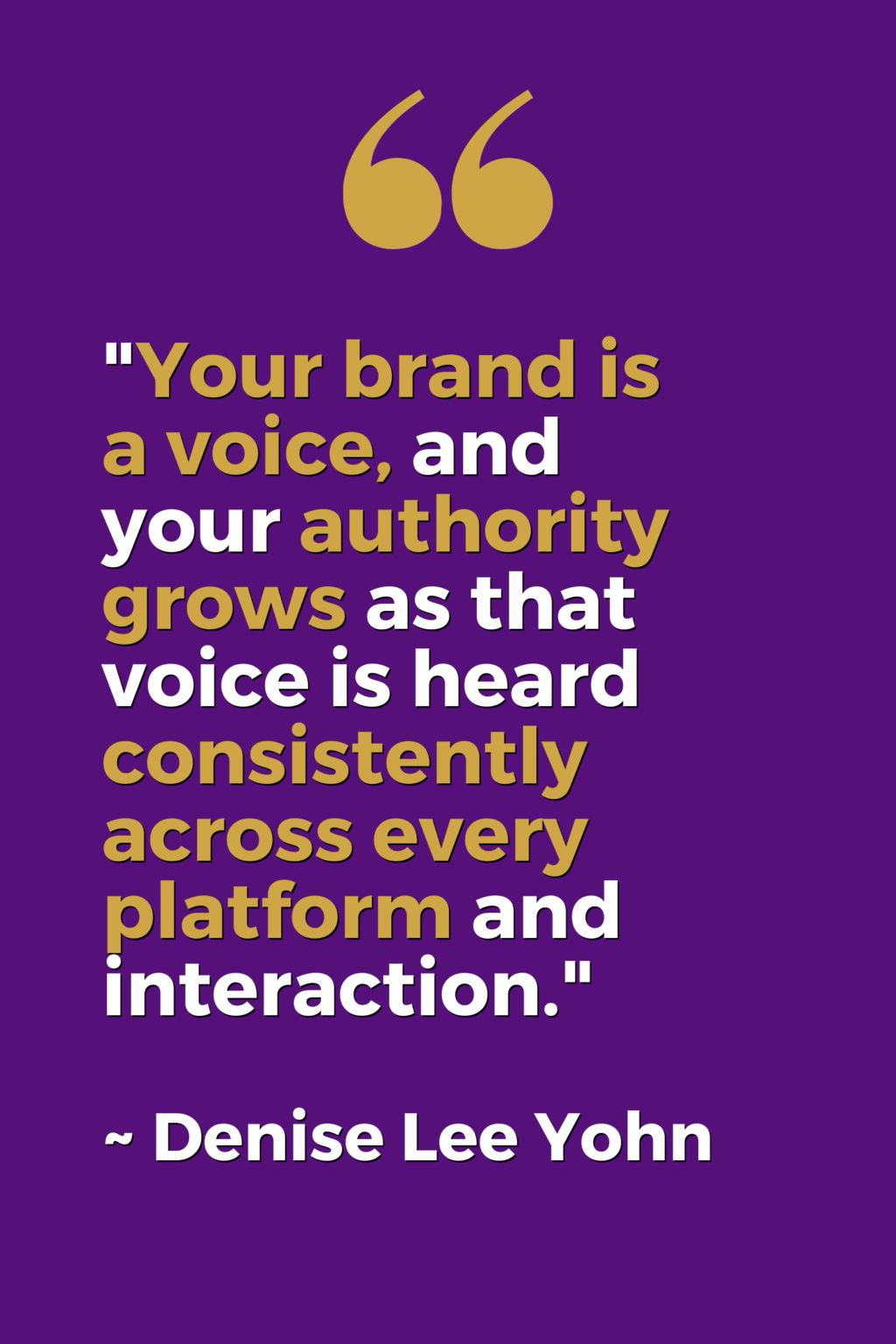
FARAH KHAN
Director Of Programs & Courses
Self-learning is the ultimate power move for women in business, because it puts you in the driver’s seat.
~ Farah Khan ~
In a world where professional demands change almost daily, self-learning has become more than a buzzword. For women in business, it’s a game-changer. Whether you’re climbing the corporate ladder, pivoting into a new role, or launching your own venture, one thing is clear: personal development is no longer optional. It’s your edge.
This article explores how self-learning helps women build confidence, fuel career growth, and take ownership of their professional journey, all on their own terms.
Why Self-Learning Matters More Than Ever
Self-learning, or self-directed learning, is all about taking control of your growth. You set the pace. You choose the tools. You create the plan.
This kind of learning is flexible, personal, and tailored to your goals, making it especially useful for women balancing professional ambition with a full personal life.
This article explores how self-learning helps women build confidence, fuel career growth, and take ownership of their professional journey, all on their own terms.
Keeping Up With a Fast-Changing World
The business world is evolving faster than traditional training programs can keep up. New technologies, evolving industries, and emerging challenges mean you need to constantly adapt. For many women, time constraints and lack of access to formal education make self-learning the smartest way forward.
What Makes Self-Learning So Powerful?
It’s not just about adding skills to your resume. Self-learning impacts your mindset, your motivation, and your ability to lead.
You Build Confidence: There’s something powerful about setting a learning goal and achieving it. Each time you do, you’re proving to yourself that you’ve got what it takes to grow, even when things get tough.
You Create Career Momentum: Whether you’re learning how to negotiate, how to use a new platform, or how to lead a team, self-learning sharpens the skills that make a real difference. And that kind of momentum can open doors to new roles, promotions, or even passion projects.
You Develop a Growth Mindset: This is key. When you embrace self-learning, you start seeing setbacks as stepping stones. You become more resilient, more adaptable, and more open to opportunities you might have overlooked before.
The Stats: Why Learning On Your Own Works?
The numbers don’t lie. Self-learning is on the rise and is making a big impact.
According to LinkedIn Learning, 94 percent of employees say they’d stay longer at a company that invests in their development. On top of that, 57 percent of learning professionals believe self-directed learning is more effective than classroom training.
Why? Because it fits into real life. And it sticks.
A recent Statistics Canada study found that 76 percent of Canadians aged 25 to 64 had engaged in some kind of self-directed learning in the past year. Even more notable? Women were more likely than men to pursue it.
That tells us something important – women are already using self-learning to take control of their growth.
The Business Payoff? Forbes reports that companies prioritizing professional development see 24 percent higher profit margins. They also see higher engagement, with employees being 15 percent more likely to feel connected to their work when they’re actively learning.
That kind of investment pays off, both for the individual and the employer.
The Barriers Women Face (And How to Break Through)
Let’s be honest shall we, the desire to learn doesn’t always match the time, energy, or confidence to do it. Many women face a unique set of challenges when it comes to prioritizing self-growth.
Time Constraints: Between work, caregiving, and everything else, it’s easy to feel like there’s just no room for learning. That can lead to guilt or the sense that learning is a luxury, when really, it’s a necessity.
The Fix: Start small. Even 20 to 30 minutes a few times a week can make a difference. Schedule it like a meeting with yourself and guard that time.
Self-Doubt: Sometimes, the biggest blocker is internal. It’s that voice that says, “Who do you think you are to learn this?” or “You’re too far behind.”
The Fix: Challenge that voice. Start with beginner-friendly material. Build confidence with small wins, and remind yourself that you absolutely belong at the table.
Limited Resources: Not everyone has the budget for high-ticket courses or executive coaching.
The Fix: There’s a world of high-quality free or low-cost content out there:
- YouTube
- Podcasts
- Blogs
- Open-source courses
- Peer-led learning groups
You just need to know where to look.
Are you looking for some direction on free resources for your desired subject matter? Reach out to us at: [email protected] and we will be happy to guide you!
How to Build a Self-Learning Plan That Actually Works
A clear plan makes your growth intentional instead of reactive. Here’s a simple structure to help you get started.
Step 1: Define Your Goals
What are you working toward? A promotion? Starting a business? Strengthening leadership skills?
Break big goals into smaller, clear learning objectives. For example: “Improve public speaking” becomes “Watch one TEDx talk per week and practise speaking for 10 minutes after.”
Step 2: Know Your Resources
What tools are within reach? What can you access for free or through work? Think online courses, audiobooks, webinars, local events, or mentoring circles.
Also consider how much time you realistically have. One hour per week? Great. Start there.
Step 3: Create a Simple System
Use whatever format works for you; a digital calendar, a spreadsheet, a bullet journal.
Set weekly actions and monthly milestones. For example:
- Week 1: Complete Module 1 of an online course.
- Week 2: Implement one concept at work.
- Week 3: Write a reflection or share a takeaway with a peer.
Step 4: Check In and Adjust
Every few weeks, ask:
- What’s working?
- What’s not?
- What needs to change?
Learning isn’t linear. It’s totally OK to switch gears or slow down when needed. The point is to stay engaged.
Are you looking for some tips and tools to use (free calendars or project management tools for example)? Reach out to us at: [email protected] and we will be happy to guide you!
Celebrate Your Wins (Big and Small)
Learning is tough work. That’s why it’s so important to celebrate along the way. Too often, we wait for the big wins – a promotion, a raise – to acknowledge progress. But it’s the small victories that keep us going.
Why It Matters: Celebrating your progress builds motivation and self-trust. It helps you see how far you’ve come, especially on days when things feel slow or messy.
How to Make It Stick: Try:
- Keeping a “wins” journal.
- Sharing your progress with a friend.
- Treating yourself to something small when you hit a goal.
And don’t be afraid to bring others into the celebration. A supportive community can make your journey even more meaningful.
The Takeaway: Invest in Yourself, On Your Terms
Self-learning is more than a productivity hack. It’s a decision to take ownership of your career and your confidence.
It’s the ultimate power move for women in business, because it puts you in the driver’s seat.
Here’s what to remember:
- You don’t need permission to grow.
- Small steps lead to big shifts.
- Your pace is perfect, as long as it’s yours.
So, wherever you are in your journey, whether it is just getting started or picking up where you left off, know this: growth is always within reach. And it starts with you.
Disclaimer: The views, thoughts, and opinions expressed in this article are solely those of the author and do not necessarily reflect, whether in whole or in part, the views of The Open Chest Confidence Academy, its owners, directors, management, employees, subcontractors, partners, affiliates, clients, or members.







